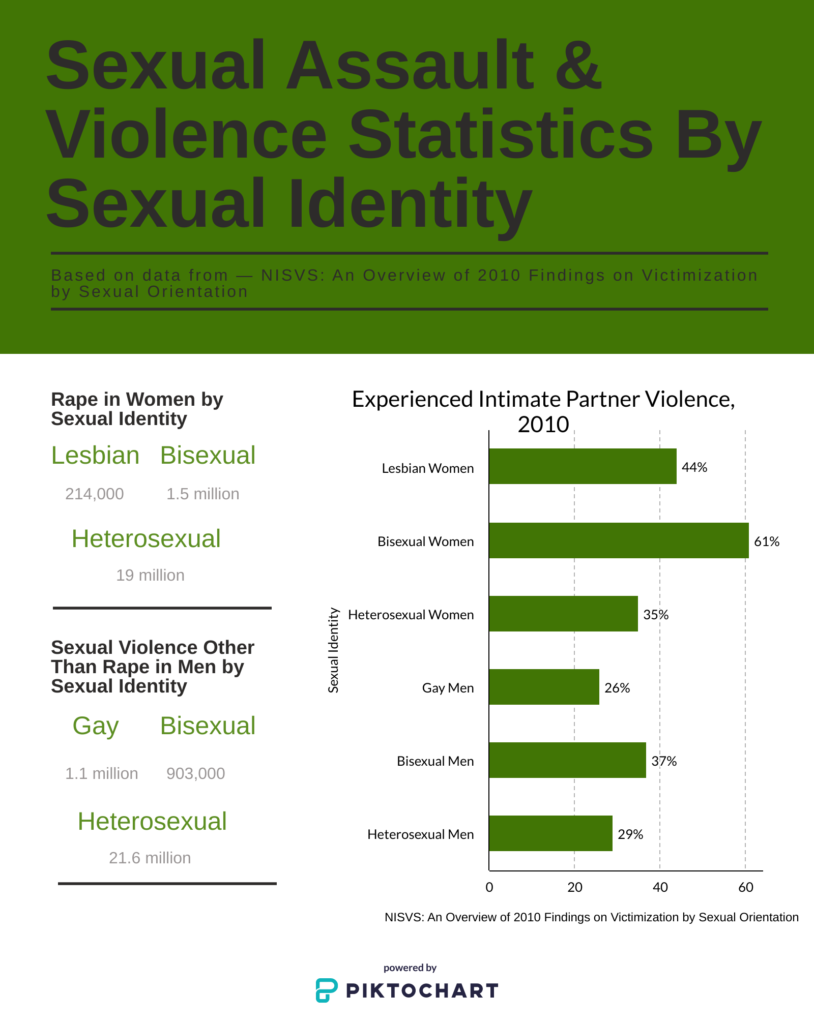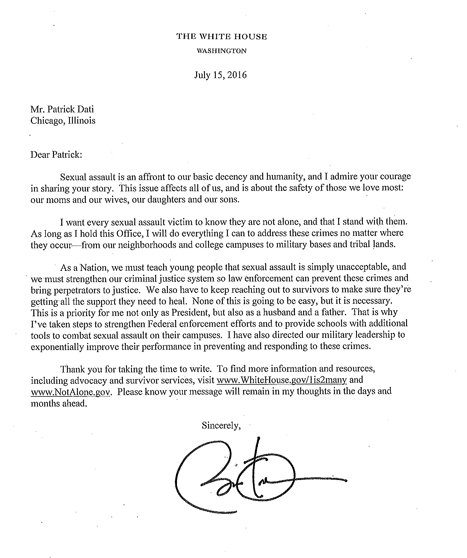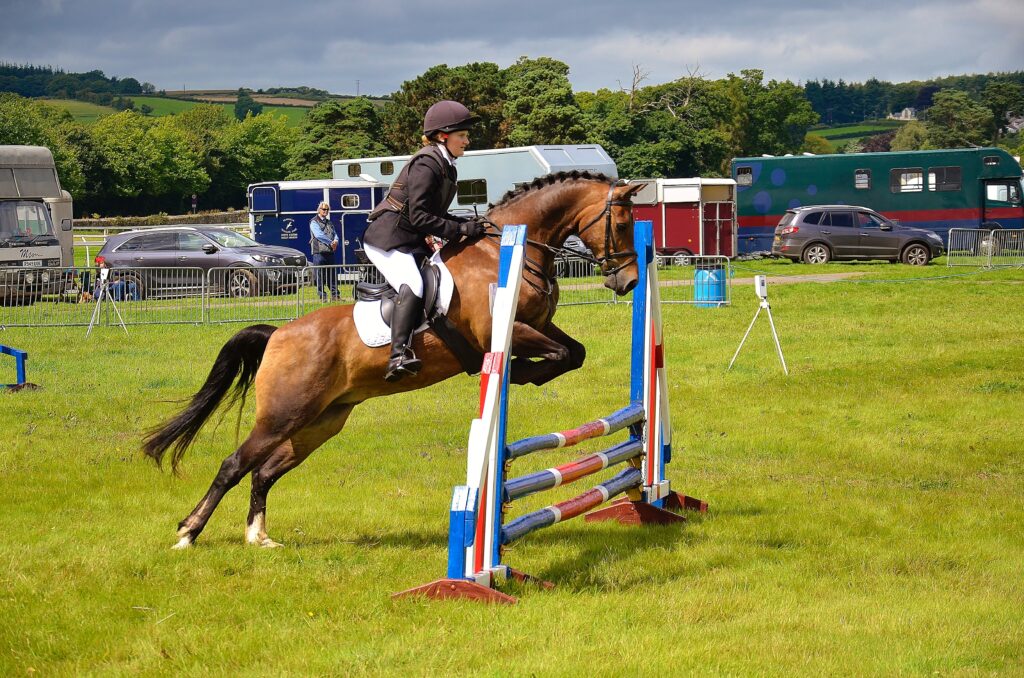Edited and packaged by Susanna Granieri
In 2014 when author Patrick Dati released his book “I Am Me: Survivor of Child Abuse and Bullying Speaks Out,” his story was immediately publicized: he was raped and sexually abused by one of the most notorious mass murderers in Chicago — John Wayne Gacy.
Gacy murdered over 33 young men and buried them under his house. At just 9 years old, Gacy lived not even a block away from Dati’s childhood best friend’s house. His devout Catholic mother always warned to “never go into a public restroom without [his] brother or father,” and she was right. He would never forget the day that changed his life forever.
According to Dati and ABC7, in January of 1972, Dati was in the men’s bathroom in a department store on Belmont and Central in Chicago, and Gacy came in and locked the door behind him. After raping him, Dati says Gacy held a knife to the nape of his neck, threatening him into silence.
At the time, Dati was unsure of his assailant, but when Gacy was arrested in 1979 and his face was plastered across local news stations, Dati knew immediately that Gacy was the one who raped him.
Gacy is believed to have killed more than 33 boys, as that was only referencing remains found under his house. Otherwise, there are suspicions that he also dumped bodies in the Des Plaines River in Lake Michigan.

Dati was the youngest of five children, with a sister nine years older, who was very conscious of the shift in his behavior from before and after the rape incident.
“She was very cognizant as my parents were, but it’s much easier not to talk about it because they didn’t want a scandal in the family. They didn’t want to wake people up.
“I always felt this feeling inside that I didn’t know how I could even explain to my family at 9 years old that I didn’t know what the word rape was, I was so confused,” the survivor said with a quivering voice, taking slow and profound breaths.
“I never came forward to my family until I went public with my story and the reason I went public at the time I did was that I felt like there wasn’t enough being done in our society pertaining to men and boys who have been molested, raped, assaulted and abused.”
After holding in his story for 35 years, while even leaving photography out of his memoir to further remove himself from lawful issues with his family, Dati decided he had finally had enough.
In January 2003, Dati began working as a marketing consultant for The Martin Group, a marketing company whose mission is to change a consumers’ course of thinking. Dati spent 10 years working for the company, and it is where Dati met Bob, the best friend who wanted to share his horror-stricken yet inspiring story.
Bob was a writer who wrote for the curriculums for the marketing manager’s books. After having many conversations with Bob, Dati began to tell him his story, mentioning that he had been in therapy for several years working through the sexual abuse that he endured and was trying to begin healing in some way.
Dati’s therapist at the time had recommended writing a diary to release what he had experienced as a child therapeutically, so he started to write. Around 2012, one day after Bob retired from the company, he said, “Hey Patrick, would you mind if I read your diary?”
“Sure,” Dati said, “Why do you want to read it?”
“I mean, you told it to me, but I’d like to hear it right,” Bob replied, hoping to understand Dati’s story from his personal point of view. After Dati allowed him to read his diary, the pair got together about a week later.
“Oh my God, your story is amazing,” Bob said. “You’re going to save lives, you’re going to make a difference.”
“You’re absolutely out of your mind,” Dati responded in disbelief, thinking that no one’s going to want to hear his story or better yet care. Clearly, quite the opposite occurred.
“Patrick, now that I’m retired I have all this free time. Would you allow me to take this diary and put it into a manuscript?” Bob asked.
Dati replied, “You know what Bob, knock yourself out. But I don’t think it is going to do anything.” After writing the manuscript, Bob turned the book in, and him and Dati worked together collaboratively. At this time, Dati posted a lot of his advocacy work and built a significant following on social media, specifically Facebook.
“My feeling at that time, which was almost 10 years ago, was that not enough men were coming forward — the ones that were were still somewhat silent to the complete abuse that they’ve gone through,” Dati explained, reflecting on his reasoning for sharing his story.
Soon after, Dati spoke on ABC, NBC, FOX NEWS, WGN and CBS, including a number of radio shows and articles dedicated to not just telling the Gacy story, but Dati’s personal anecdote.
In 2013, President Barack Obama passed the Violence Against Women Act, a law focusing on funding education and awareness campaigns geared toward domestic violence and abuse. While signing the VAWA into legislation, he came across Dati’s story. On July 15, 2016, President Obama wrote Dati a letter commending him for his work.

“He and Michelle were compelled by my stories, which was an honor,” Dati said. “Then I started to realize ‘Wow, my voice is being heard. People want to hear how I started to change my life around after abuse.’”
This was just the beginning of the incredulous amount of attention that Dati would receive, the turning point for him as an author and public speaker.
CNN wrote an article back in 2013 done in collaboration with the Anti-Violence project in New York City, who Dati had worked with for some time.
Eight years ago, the project reached out to Dati and said CNN had contacted them and wanted to do a feature story about President Obama passing this law and asked if Dati would like to be included.
“Yeah, but why would you choose me?” Dati asked.
“Do you want to know something, Patrick? We’re in New York City, we know a lot of lesbians, we don’t know men that are gay that have been domestically abused as well as physically abused as a child,” they responded.
Regarding his domestic abuse, Dati’s older brother Marco had abused him while Dati was simultaneously hiding his rape.
“When my story came out originally, Dr. Phil’s producer had contacted me, and they wanted to do a story on my brother and me,” Dati said. The pair wasn’t talking at the time, and decided to deny doing the show because they didn’t want to be exploited in that way.
Now, Dati explains that they are closer now than ever, and Marco admitted to being abusive while Dati apologized for not being the greatest brother either.
“He cracked my head open when I was 10 years old, split my lip open when I was 7, and I had stitches in my head when I was 5. With all of that, my father knew what was going on,” Dati continued. “My father would beat my brother after he beat me, so there was no denying that my parents knew what was going on in that aspect. When I had to come forward [to my mother about the Gacy story], because it was going to be all over the media, my mother said: ‘I knew something was wrong.’ She died in 2013 and she took it to her deathbed. ‘I felt so much guilt because I knew something was wrong. What did I do as a mother?’”
Dati believes his mother was not sure what to do because she didn’t know what happened, but it was clear something was wrong when Dati failed the third grade after being a straight-A student.
“She beat herself up for the fact that she felt like she didn’t do enough,” Dati said. “That’s why it’s important for us to reach young adults now, when their kids are young, and educate them. As safe as [you think] the world is, it’s not. There are predators all over the place, and unfortunately it will be ongoing.”
In addition to his abuse as a child, whether at the hand of Gacy or his father and brother, Dati was domestically abused by both of his ex-wives and one of his first gay partners physically, mentally and financially.
“When I started seeing a new therapist I said, ‘Is it weird that I was abused at 9 years old and then got into relationships that were abusive?’ My therapist told me, ‘Patrick, that’s very common. Most people that have been abused feel like they are attracted to individuals who have issues of their own, and you feel like you can fix their issues,’” Dati said, shifting away from the narrative of his therapy appointment. “Of course you can’t, but that was the situation with some of the individuals I chose to have relationships with. They were either physically abusive or verbally abusive, and took advantage of me. I became consumed with pleasing everyone and making everyone happy when I was miserable and in pain.”
“My feeling at that time, which was almost 10 years ago, was that not enough men were coming forward — the ones that were were still somewhat silent to the complete abuse that they’ve gone through.”
Patrick Dati
While speaking with Dati, I asked: “Where do you think you would have been if you didn’t share your story?”
“I would be dead right now; there’s not a doubt in my mind,” Dati replied as he took a deep breath. “I came to realize that I had hidden my entire life. I hid my sexuality. I came from a devout Italian and Irish Catholic family, with parents who held very strong values. My father was an immigrant, first-generation, so coming out gay was a big issue, but then letting out my story [was another].”
His father had already passed away in 2010, but his mother was still alive. Out of his family, his mother was his only supporter.
“She tried to get it out of me when I was 9. I became unattached to my friends, my cousins, you know whatever a 9-year-old kid was doing or would do,” Dati said. “I would spend all my time either being molested and ashamed, or [fearful of] being rejected by my family. But, it was something I needed to let go of to move on in my life as a normal person.”
In 2013, Dati left his day job as a marketer and began time doing his advocacy work full-time while working on his second book. Currently, he works for the Chicago Police Department in their domestic violence unit.
“I was the first man at the visuals they do every year for domestic violence — including the help links,” Dati said. Everyone in or associated with the domestic violence unit, the court systems and police officers in Chicago came across Dati’s story and said, “Listen, we’re doing a visual on domestic violence during domestic violence month. We never had a man speak at these, we’d love to have you come.” Everyone was in complete shock when Dati spoke because the Gacy story in Chicago was beginning to fade away.
“This story was very compelling to so many people that they felt I could make an impact.” Dati then began doing work with Denise Brown, the eldest sister of Nicole Brown Simpson who was murdered in 1994, and a domestic violence advocate who founded Elite Speakers International in 2010, a group that encompasses elite speakers to educate audiences on social issues. Brown chose Dati as their gay, male survivor of sexual assault and domestic violence advocate.
However, the survivor elaborates on how it’s been a different experience with various news outlets. Windy City LIVE, which replaced “Oprah” when she left Chicago, had two anchors do the show, Val Warner and Ryan Chiaverini. The story aired on the show featuring Dati focused on the significance of pedophiles in society and how to protect children.
“[Warner and I are] still friends to this day, but then there are other news outlets here in Chicago that wanted to cover it because it was the Gacy story, and I was a Gacy victim,” Dati said. “There are stories that people who took care of his mother’s property caught Gacy digging in the backyard at night. That’s why they believe there are bodies there; they still haven’t torn up that property. Last year was the 40th anniversary of his execution, and he was one of the notorious, horrible serial killers in this day of age.”
There’s a video on Dati’s website that he often used in different states where Gacy’s sickening legacy wasn’t familiar in order to help those understand his whole story and why he came forward in just seven sacred minutes.
“A lot of them were either naive and were murdered because [Gacy] would be proposing to offer them jobs in the construction industry, which is what he did,” Dati said. “Someone needs to be the voice, and someone needs to talk about these things.”
Dati feels accomplished because he has helped a lot of people, and explains that at least 70% of people connected with him, whether on LinkedIn, Instagram or Twitter, are domestic violence and child abuse survivors. Due to the COVID-19 pandemic, Dati has attempted to encourage more people to read his messages, by posting inspirational messages unrelated to sexual abuse or domestic violence.
“I think that the big thing here is that it’s awareness, it’s breaking the stigma,” Dati said. “I feel like my message isn’t just for men and boys, it’s for women and girls, it’s for everyone.”
After his daughter turned 24, they went down memory lane. Dati began to reminisce about the trips they took as an overprotective father. When he took his daughter on a Disney cruise when she was 7, he told her, “Honey, if you need to use the bathroom, you CANNOT go by yourself.”
She then went alone anyway.
“I went berserk, and she didn’t understand. Now when we talk about it, she’s an adult, and she’s like, ‘Dad, I totally remember that. I couldn’t understand why you were so crazed about it,’” Dati said. “That’s my baby, and I don’t want anything to happen to her that happened to me.”
In Dati’s experience with women survivors of sexual abuse, they’re not very used to including men in their discussion, even though he includes women in his.
“I talk about women when I speak about sexual abuse because they’re part of the statistic, but some just want to keep it basic, and I get it,” Dati said. “Erin Moran was molested by a neighbor as a young girl and she does a thing on bathing suit rules. So for young ladies, she speaks about how no one should touch you where your bathing suit is covered. That’s her spiel, and I get it, it’s perfect, it works. Again, it’s kind of one-sided.”
When Dati finishes speaking at numerous events and programs, he reflects on how there hasn’t been a time where people have not come up to him hugging and crying.
“When you do something like that, and you have so much impact on someone’s feelings or thought process on that topic, it’s pretty moving,” he said. “Essentially I am better; I am an amazing partner, we’ve been together since 2012, he’s been a huge help for me and believed in my advocacy work. I’m fortunate, very fortunate.
“I attempted suicide on three occasions, all due to my hiding my sexuality and the abuse I’ve been through. My last attempt to commit suicide was in 2016, right around when I decided, I’m letting this past kill me,” Dati said. “I’m allowing myself to let what this man did to me, as well as other individuals who were abusive to me, not so much as get away with it, but actually get me to the point where I wanted to take my own life. I knew that I needed to make changes, as during that time I became an alcoholic and addicted to over-the-counter prescription drugs. I was a mess. Becoming an advocate and a voice has allowed me to appreciate my life now, and see the value in what difference I can make being just a voice.”
Interested in more FEATURE stories? Check out:
Nadine Cafaro addresses SUNY New Paltz’s disparities in resource distribution by the area of study.
Gillian Hamilton explores the benefits and stipulations that come alongside tiny home living through a Q&A with researcher Dr. Maria Saxon.
Jessica Barr dives into the dangers of cyber stalking and how to handle it.
Joseph Juste examines the measures taken by local food pantries and meal services to provide services while staying safe during a pandemic.
Max Freebern describes the story of two homeless women in Ulster County struggling to find housing during the pandemic.
Taylor Dowd provides insight on hunger relief organizations in New Paltz and Ulster and how they’re managing during the pandemic.
Emma Cariello explores the niche appeal the A24 film studio brings to young moviegoers and what makes their works so iconic.
